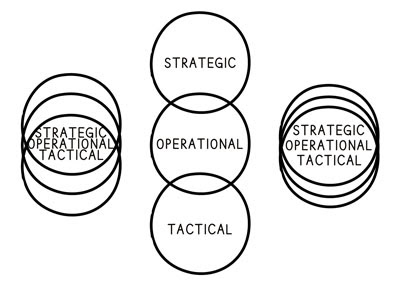

GREG’S RIGHT FIT NEWSLETTER #158
————————————————————
Quick notes to help you get more sales and marketing done in less time. . . next week.
In this issue:
– Techniques for FIT
– Being Human
– Random Stuff
Techniques for FIT
————————————————————
- One year from now, how do you want to describe yourself? Big change is only possible with a clear picture of where you’re heading. Help your people with their visions.
- Now that you have an image in your head, what will you be doing to support that description? For instance, if an employee with promise wants to be in management, what will it take to get them there?
- Do the image of the future and support required sync with your organization’s reality? If yes, continue on to planning, but if no, let’s revisit the vision.
- Obstacles are dealt with in planning and they’ll range from critical to trivial issues, but resist them temptation to deal with them until after you’ve squared the vision. Once the vision is agreed on, it makes sense to remove obstacles.
Being Human – Give ’em enough rope
————————————————————
UNODIR = Unless Otherwise Directed – military acronym
This week I was presented with an acronym that strikes me as useful. UNODIR = Unless Otherwise Directed. My shorthand description is it’s used for military activities where the troops carrying out an activity are not going to check with their officer for permission. This led us to a discussion about leadership style and whether or not we ever need to micro-manage. Thinking about the military approach, we threw a version of this up on the whiteboard (originally taken from a Marine leadership manual):


At first, when your people are learning, it resembles micro-management. It has to in order for a knowledge transfer to take place. UNODIR makes no sense in this instance because our people don’t know what they don’t know. As a participant in one of my workshops said, “I guess we rely too much on osmosis around here.” You have to set expectations and inspect initial results at a close range.
Over time, especially in times of peace, the circles diverge and UNODIR takes hold. We’re chasing objectives and as long as the vision is the same, how we get there isn’t critical. Micro-managing at this stage is detrimental to work-flow. It looks like the middle graphic.
However, at times of crisis (like in war), the circles converge again, maybe even closer than in training. UNODIR moves from being an operational principle to a communication tool because it rapidly signals intent. If we’re off track, that needs to be corrected right away. Micro-managing makes sense here until we get out of trouble and UNODIR keeps autonomous people on the same page.
It’s a fascinating discussion. McKinsey addresses it a bit in their latest ideas on agile leadership (the middle graphic is close to their concept). As I tell clients, if you only know one way to lead, it will limit your effectiveness over time. The more tools in your toolbox, the greater the gains over time, so invest in yourself and your leaders.
Good stuff.
Random Stuff
————————————————————
Keep practicing
One of my Christmas gifts was a copy of composer Philip Glass’ auto-biography, “Words Without Music.” In addition to his musical talents, Mr. Glass is a wonderful writer. In describing his time at Julliard, he talks about his profusion of compositions:
Is it possible quantity leads to quality? I’m taking this same approach to my writing. If I write enough, I may get better. Someday it may amount to something. Kind of like the Grateful Dead writing and re-making 500 songs. At some point you’re bound to get an “Uncle John’s Band,” right?
(don’t @ me, UFB)
Booking Calendar
————————————————————
If you need to set up a time to visit, follow this link:
https://calendly.com/chamberspivot/
